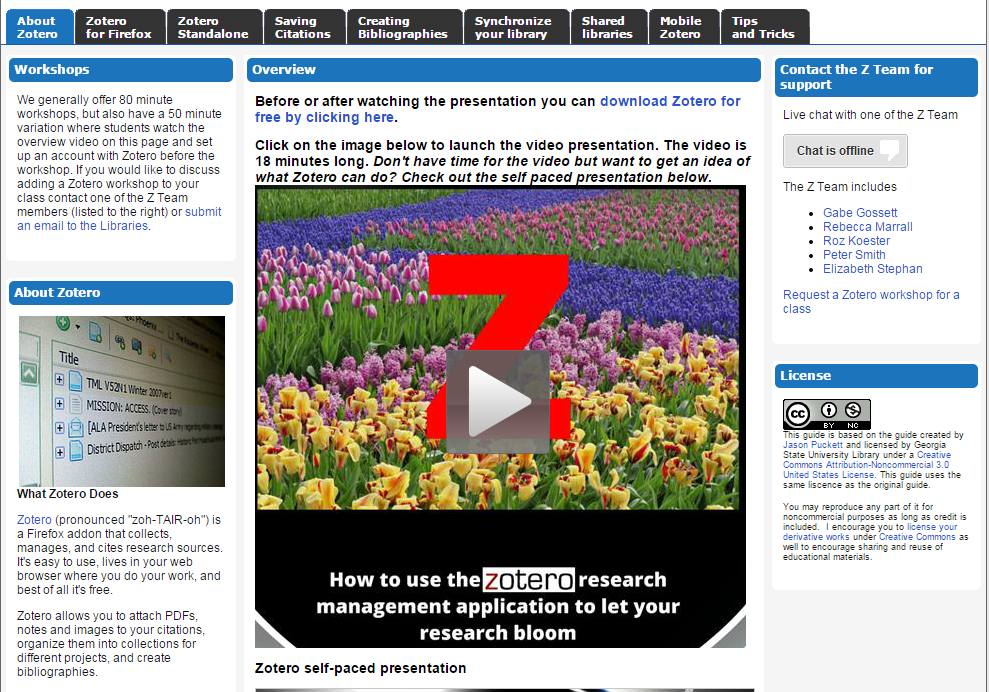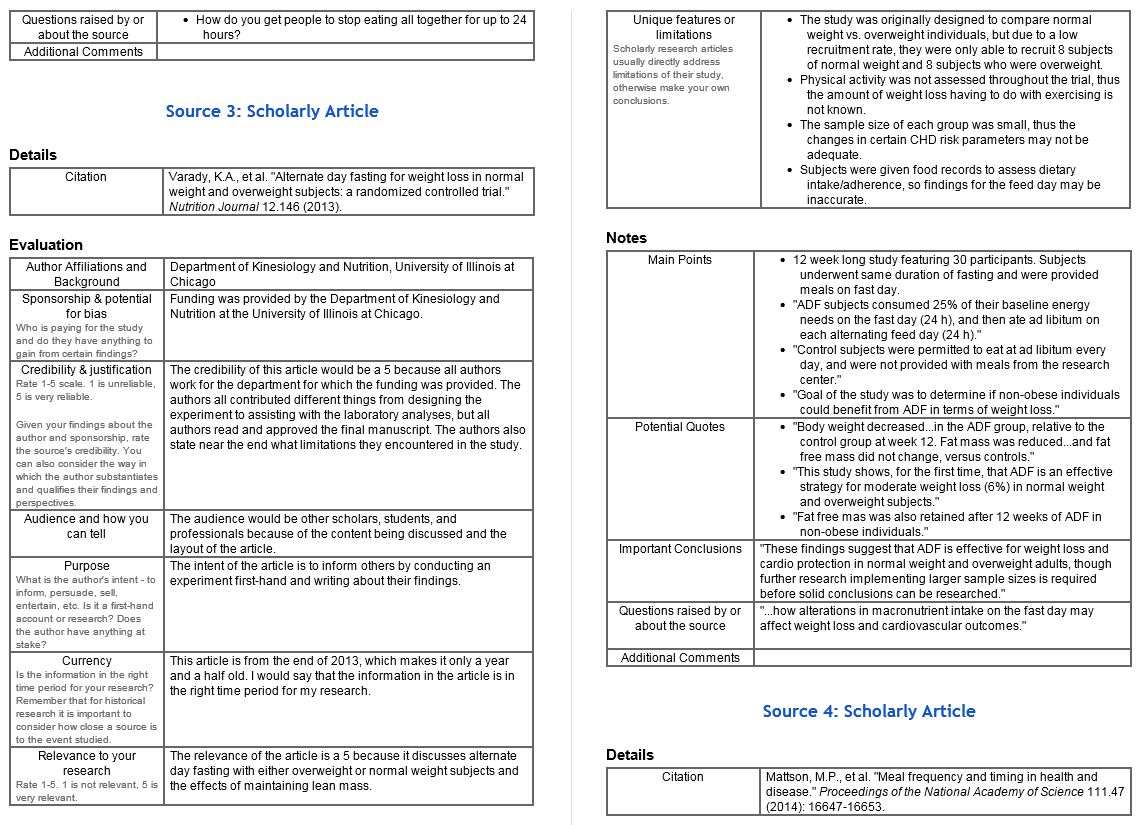Shaping Research Skills in Online Courses
Gabe Gossett
Librarian for Extended Education and Head of Research Consultation at Western Washington University

What will you get out of this?
- Understand current themes in librarian-delivered credit instruction.
- Recognize ways in which online collaboration tools can be implemented in support of intensive research learning focused on process rather than research products.
- Assess the strengths and weaknesses of a document-based intensive teaching and learning feedback process.
Current themes
In library credit instruction online
Mery, Y., Newby, J., & Peng, K. (2012). Why one-shot information literacy sessions are not the future of instruction: A case for online credit courses. College & Research Libraries, 73(4), 366-377.
Main points
- Online instruction for information literacy is as effective online as face-to-face
- Online is scaleable
- Based on a 1 credit model
Clapp, M. J., Johnson, M., Schwieder, D., & Craig, C. L. (2013). Innovation in the academy: Creating an online information literacy course. Journal of Library & Information Services in Distance Learning, 7(3), 247-263. doi:10.1080/1533290X.2013.805663
Main points
- Online can be a form of outreach to students who cannot be on campus
- Librarians new to this need to consider the time commitment
Most online research instruction is embedded
- Information literacy tutorials
- Librarians in the LMS
There is not a lot of consistency in for-credit library instruction between institutions
Some Context
for the WWU Libraries approach
Library credit courses
LIBR 201: Introduction to Research Strategies
- 4 credits
- Counts towards general education requirements
- Designed for sophomore level, but we get them all
LIBR 402: Research Tutorial
- Variable credit, pass/fail
- designed to compliment either a degree program or specific research class
Both are entirely asynchronous
Course requirements
- 50% research bibliography assignment
- 30% participation
- 20% tutorial based quizzes
Modules
- Formulating a research question and Zotero
- Research databases and scholarly sources
- Citations, attribution, copyright, creative commons, open access
- Government documents
- Books and library catalogs
- Professional and popular sources
- Social and new information environments
- Review and assessment
Process Vs. Product
- Scaffolded approach that pushes students to examine multiple source types
- In-depth research on a topic of the student's choosing
- Time and space to examine scholarship
- Deep and critical examination of sources
- Practice with scholarly communication documentation, AKA citations
Not a formal writing assignment
Collaborative Tools
For Teaching Research Online
The LMS (Canvas)

Used for:
- Links to readings/viewings
- Discussion forums
- General communications
Zotero
Used for:
- Collecting sources
- Exporting citations

Jing/Camtasia Relay
for video feedback and instruction


Google Docs

Used for
- Brainstorming
- Citations
- Notes
- Instructor feedback
A look at the document template
Benefits and pitfalls
to be aware of when teaching with an online document-based assignment
Having one place
- Most assignments and instructor feedback unified
- Sources can be examined in context with other sources
- The document lives with the student after the class
Pitfalls to watch out for
- Make your logistics simple; if the hassle impedes learning drop it
- Third party apps can change without warning (that's right, I'm talking about you Google Docs!), but . . .
- . . . institutionally supported apps are not necessarily better (that's right, I'm talking about you Word Online)
- Chances are students have never done something like this
Make sure you have the time to do it!
Question? Comments?
See, comment on, and copy the document template:
http://goo.gl/p02vPP
gabe.gossett@wwu.edu
Special thanks to Ryer Banta for helping to develop the concept